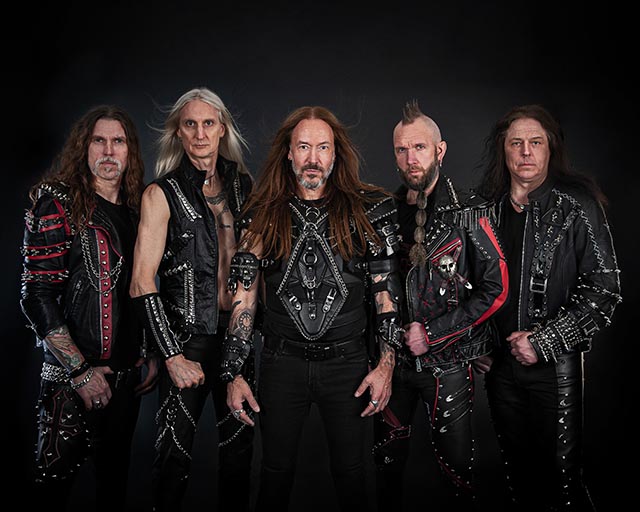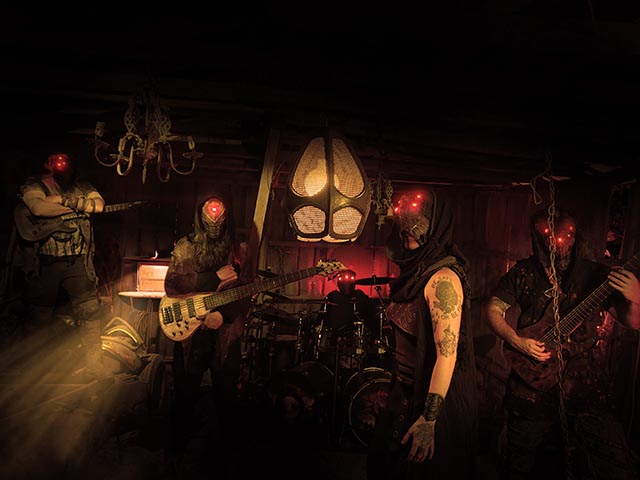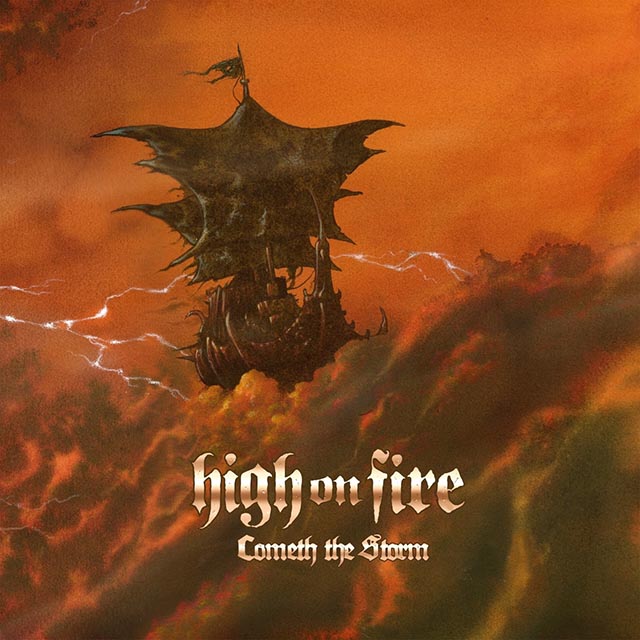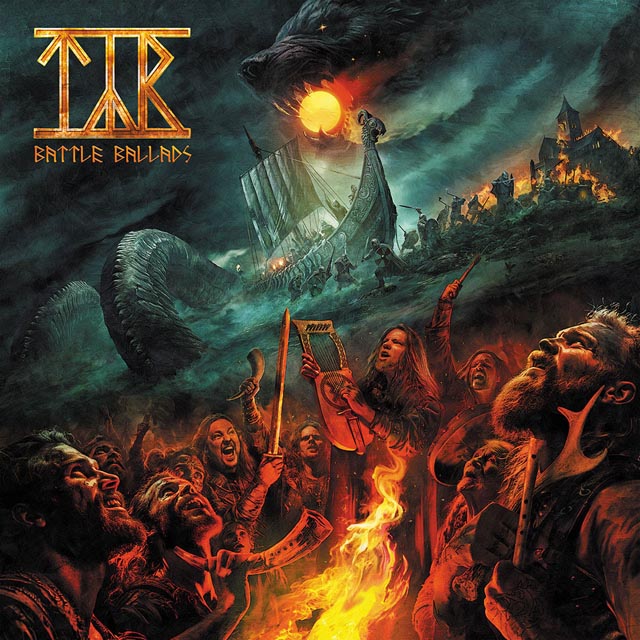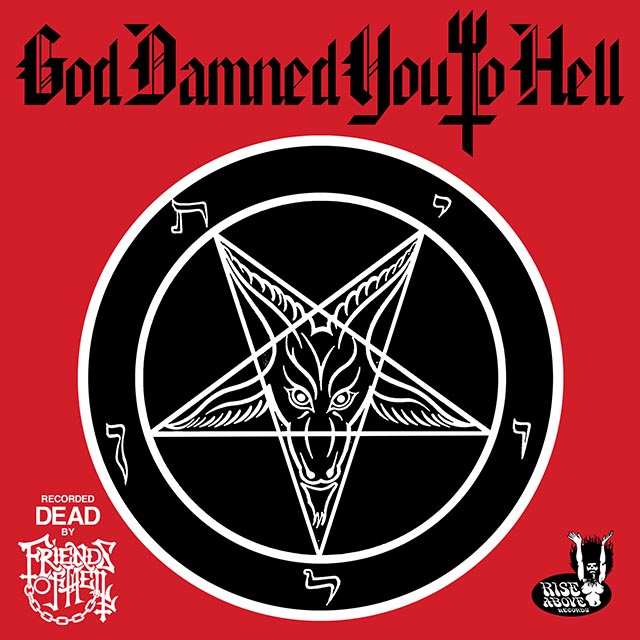 In 1991, hair metal band Trixter were at the top of their game. Arriving just before the hair metal bubble burst, the New Jersey quartet’s debut album, released the previous year, went gold. The band toured the world with the likes of the Scorpions and Warrant. By the time their sophomore album, Hear!, came out, the grunge movement was in full swing (well, depending on who you ask), and the band was dropped. Fast forward 23 years, and the band’s guitarist, Steve Brown, is the centerpiece of an article in the Wall Street Journal. He’s still playing music, but you can get a summation of how things are going by the first time he’s quoted in it. “Not every show can be Madison Square Garden,” he says. The article is about musicians playing covers – and how even that is on the decline:
In 1991, hair metal band Trixter were at the top of their game. Arriving just before the hair metal bubble burst, the New Jersey quartet’s debut album, released the previous year, went gold. The band toured the world with the likes of the Scorpions and Warrant. By the time their sophomore album, Hear!, came out, the grunge movement was in full swing (well, depending on who you ask), and the band was dropped. Fast forward 23 years, and the band’s guitarist, Steve Brown, is the centerpiece of an article in the Wall Street Journal. He’s still playing music, but you can get a summation of how things are going by the first time he’s quoted in it. “Not every show can be Madison Square Garden,” he says. The article is about musicians playing covers – and how even that is on the decline:
One day he’ll perform for thousands at a festival with his rock band, Trixter, whose videos briefly topped MTV’s charts in the 1990s. The next night he’ll be in a yellow, zebra-print vest belting out Whitney Houston’s I Wanna Dance With Somebody (Who Loves Me)” at a party in the Hamptons, or singing “Hotel California” as customers examine Buicks at a car dealership in New Jersey.
Brown’s next quote is even sadder: “If you said Steve Brown would be wearing Spandex pants, playing a hot pink and green guitar and doing Michael Jackson and Madonna songs three years ago, I would have said ‘No friggin’ way. My career has kind of gone backwards.” Even Brown’s Wall Street Journal stipple portrait looks depressed. The rest of the article talks about how cover acts that made $400/gig in the ’80s isn’t making much more than that now. The WSJ article cites DJ’s, trivia nights karaoke and changing tastes as reasons for the decline in places for cover musicians to play. “People are watching their own drunken friends, which is maybe more entertaining,” the owner of a musicians referral service says, stating that top 40 cover band gigs have declined 80% in the last 15 years.
While it’s a bit depressing to read, at least Brown is still making ends meet being a musician, even if he’s playing sports bars and car dealerships instead of arenas. And it sounds like he’s continuing and persevering due to his drive, even at 44. “You have to be like an octopus, he says. “Your hands, your tentacles, are pulling different income streams.” Below, you can see Brown at the height of his fame.
[youtube]http://youtu.be/r2uNl0648zQ[/youtube]

